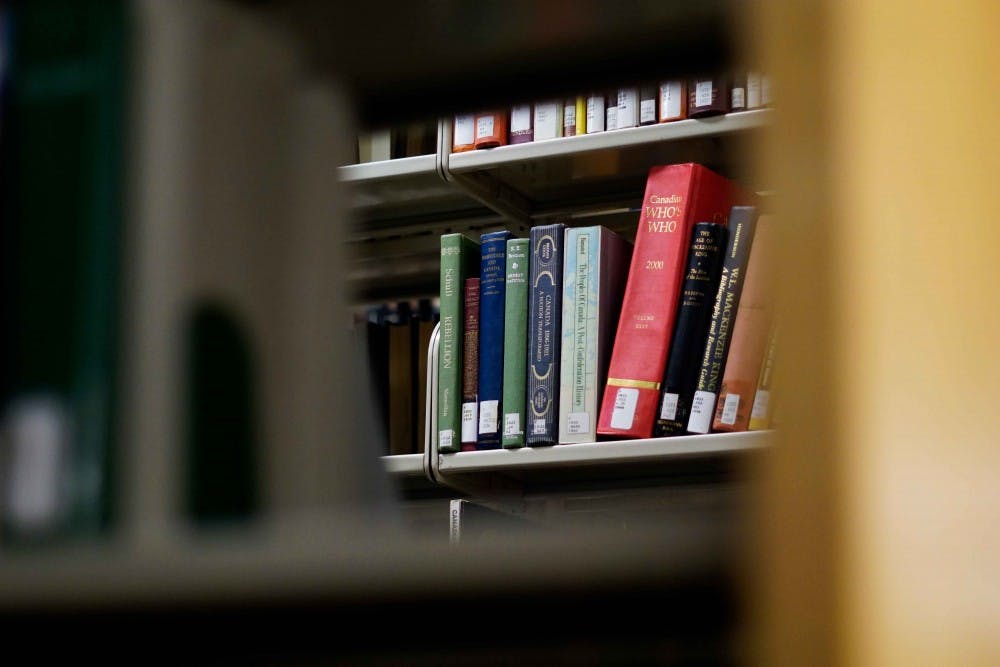In 1932, Stella Walsh, a Polish-American sprinter, won gold in the 100-meter dash at the Los Angeles Olympics and became a pioneer in women's athletics. Her successful career landed her a spot in the U.S. Track and Field Hall of Fame in 1975. Five years later, Walsh was murdered in a botched robbery. Her autopsy revealed she had a Y chromosome and was intersex.
On October 4, Sheldon Anderson, a professor in Miami University's history department and author of "The Forgotten Legacy of Stella Walsh," told Walsh's story.
Throughout the month of October, Miami's libraries will be hosting lectures such as Anderson's to celebrate Ohio Archives Month.
"Archives Month is about the preservation of history in our state and at our university," said Jacqueline Johnson, an archivist at Miami.
Anderson's story focuses on sex and gender identity.
"She was cruelly and wrongfully accused of being a man," Anderson said.
The next lecture will take place at noon on Oct. 11 with "The Challenges of Following the Steps of a Trailblazer," presented by professor Sharon Herbers.
Lectures later in the month include the president of the Society of Ohio Archivists speaking about general history and archives and a presentation on "Experiencing STEM Naturally."
Don Koller, environmental educator, and Julia Johnson, senior project manager and museum educator at The Hefner Museum of Natural History will talk about how the museum is using a 3D scanner and printer to open up their collection the public.
"We're taking something that was so fragile, and we can scan and print it and put in the hands of a three-year-old," said Robinson.
The lecture will also focus on the different ways the museum will be using technology to educate schools in the area.
"We have created these discovery trunks, and they make it accessible for local schools to learn and engage with naturally history," Robinson said.
Jacqueline Johnson hopes the series will draw a large audience.
"[History] is so important and so powerful," Johnson said.
bargerhr@miamioh.edu

